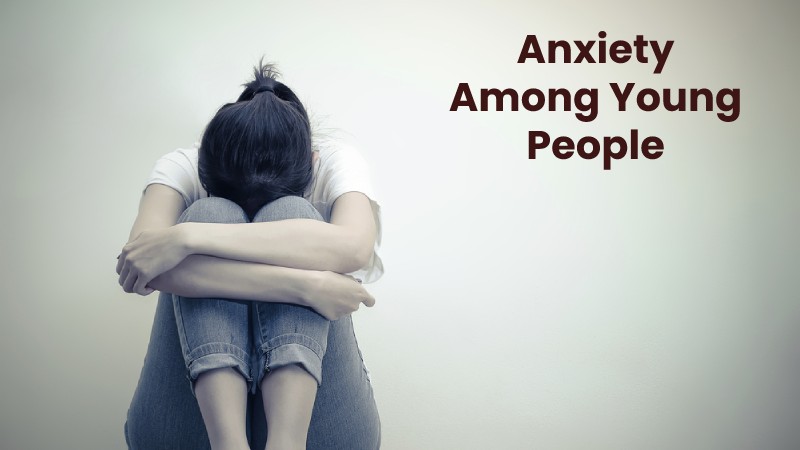Anxiety Stick
Anxiety and depression have become more prevalent over time2. “Ever having been diagnosed with anxiety” increased from 5.5 percent in 2007 to 6.4 percent in 2011-2012 among children aged 6-17. However, between 2007 (4.7 percent) and 2011-2012, there was no change in “ever having been diagnosed with depression” among children aged 6-17 years (4.9 percent ).
Peer-reviewed research linked nicotine use to the possibility of increasing anxiety and depression symptoms and an increased risk of being diagnosed with depression. Yet, many young people are unaware of this association. According to Truth Initiative surveys, most young people who have used e-cigarettes began vaping to relieve stress, anxiety, or despair, and many continue to vape.
According to a survey conducted in August 2021, 4 in 5 young individuals who vaped reported that they began to feel less stressed, anxious, or depressed. Additional results from a continuous monitoring survey indicate that young people use nicotine to cope: One in every two individuals who often vape (20 or more days in the previous month) claim they need to vape to relieve stress and worry.
Table of Contents
Anxiety Among Young People

These findings are concerning, especially given that sadness and anxiety among young people have more than doubled throughout the epidemic. That is why they have launched its latest youth e-cigarette education campaign, “It’s Messing with Our Heads,” which includes the creation and marketing of a bogus vaping brand called Depression Stick!,
Which claims to be “proud to be the first e-cigarette company to honestly admit vaping nicotine can amplify feelings of depression and anxiety.” So there, it exposes the tobacco industry’s part in compounding the teenage mental health problem through its edgy product.
The Mental Health Consequences Of Vaping Are Crucial.
According to data from a June 2021 continuous monitoring poll, just 44 percent of 15- to 24-year-olds who often vape agreed that vaping could exacerbate anxiety and irritation. In addition, 50.3 percent of frequent vapers say they must vape to cope with stress and anxiety, while 45 percent feel it’s OK to relieve stress.
According to an August 2021 poll on mental health, 81 percent of 15- to 24-year-olds who have vaped have started to reduce their tension, anxiety, or sadness.
Quitting vaping
There is some good news. Quitting smoking is associated with decreased anxiety, sadness, and stress levels. And there is increasing evidence that quitting vaping is associated with improved mental health symptoms.
According to a continuous tracking poll. 47 percent of young people who quit vaping feel more in control than before. And 90 percent feel less agitated, nervous, or sad. In addition, young individuals who have vaped. But have not yet quit believing they would feel better about themselves if they did.
Preventing Holiday Stress and Depression
It’s difficult to pause and regroup when tension is at its greatest. Try to avoid stress and despair in the first place, especially if the holidays have previously taken an emotional toll on you.
Recognize Your Emotions
If someone dear to you has suddenly died, or you cannot be with loved ones for other reasons. Understand that it is natural to experience loss and grief. Therefore, it is acceptable to cry or express your emotions. However, you can’t make yourself cheerful just because it’s the holidays.
Make contact
Seek out communal, religious, or other social activities or communities if you are feeling lonely or alone. Many people have websites, online support groups, social media accounts, or virtual events. They may provide comfort and company.
If you are experiencing Christmas stress, discussing your problems with a friend or family member may be beneficial. Try texting, calling, or video chatting with them.
Related searches
are anxiety sticks bad for you
depression stick
anxiety stick shark tank
anxiety stick age
do anxiety sticks have nicotine
anxiety pen for 13-year-old
depression stick commercial
anxiety pen for kids

